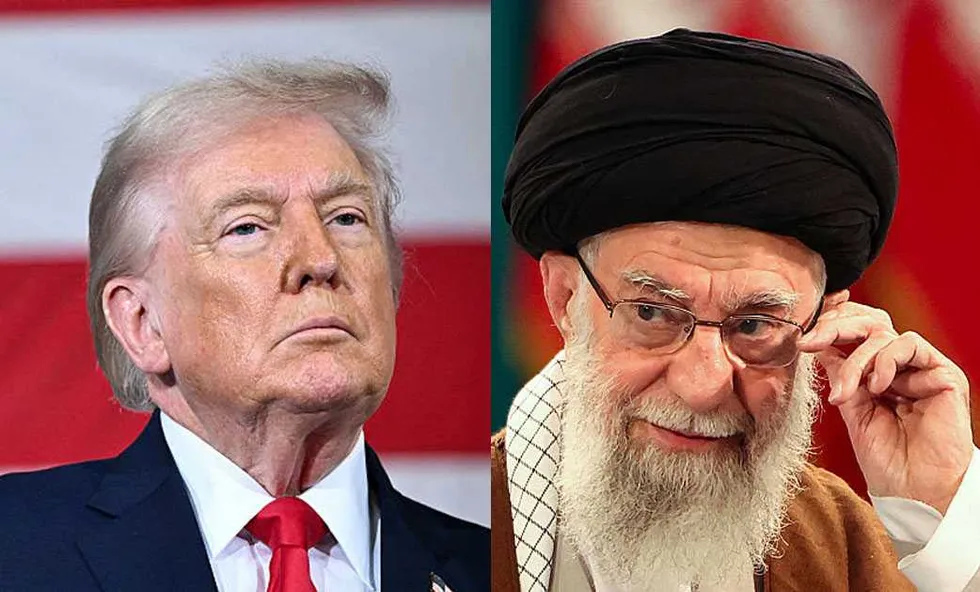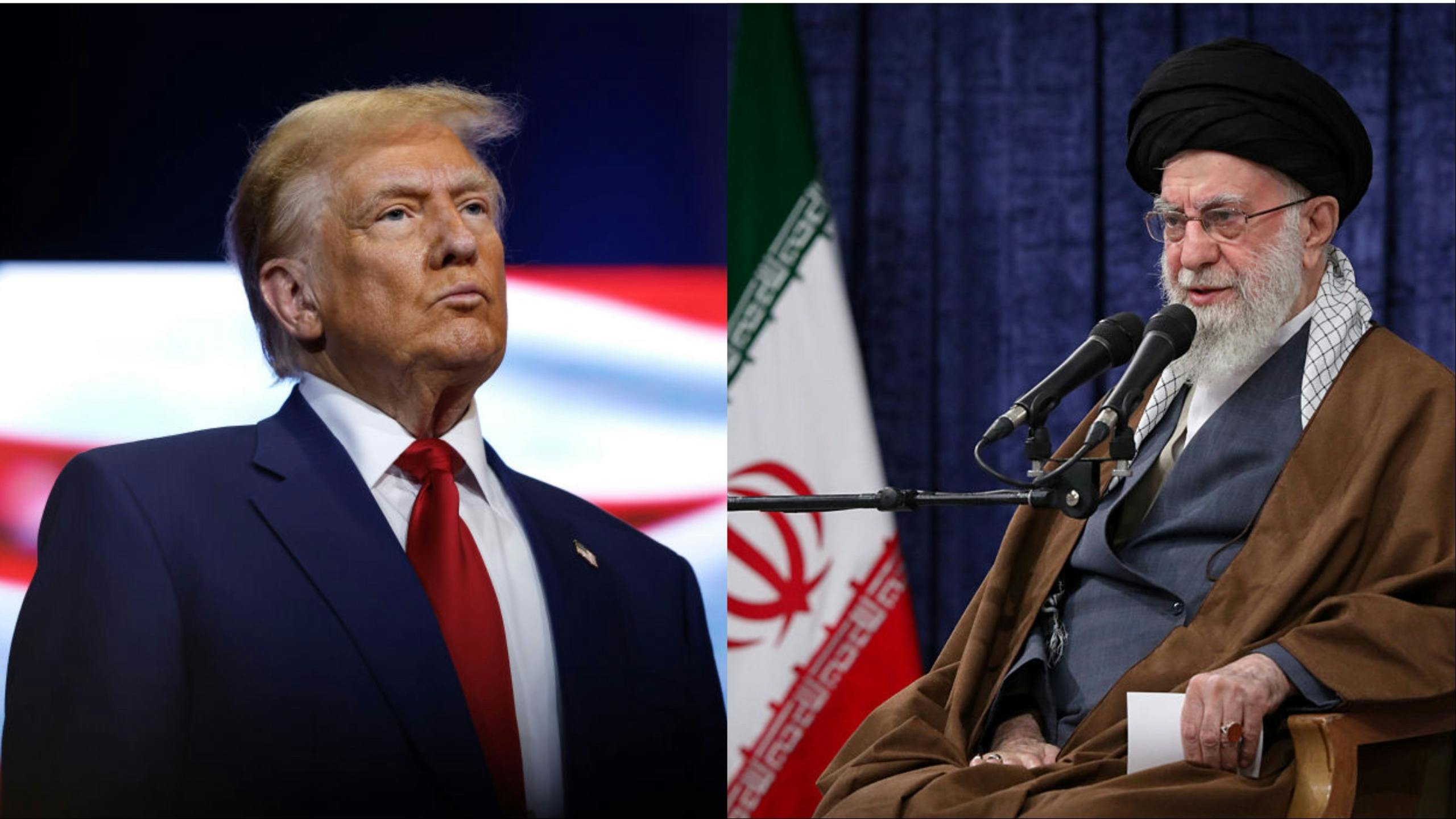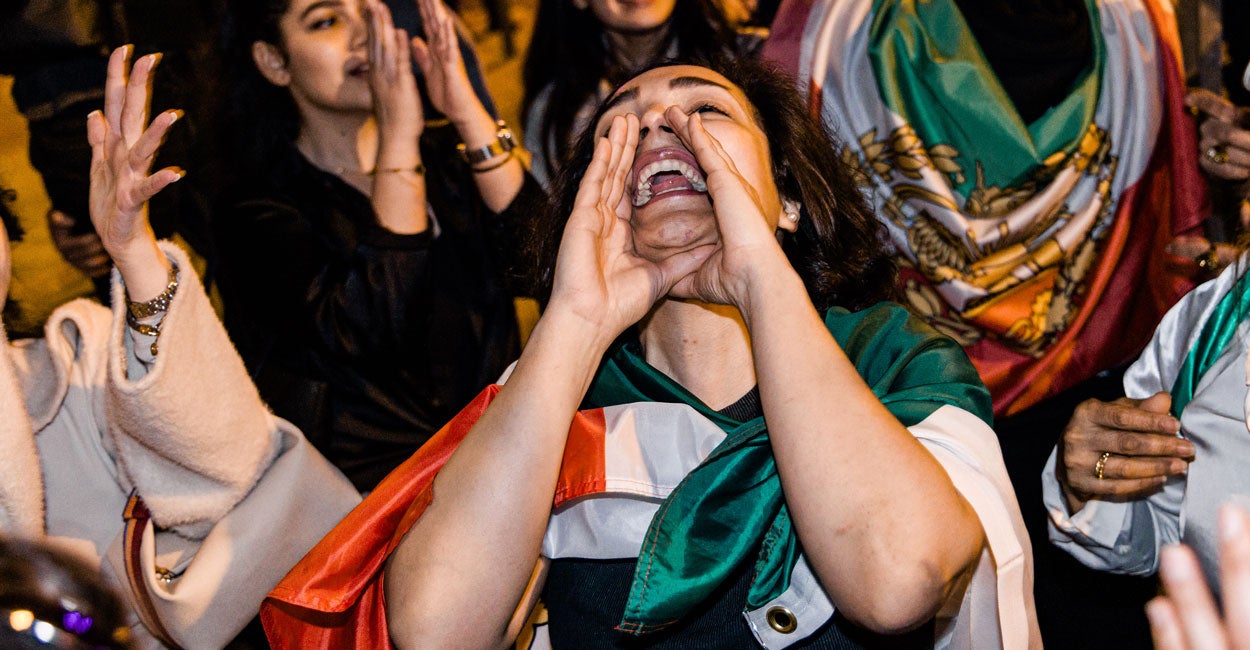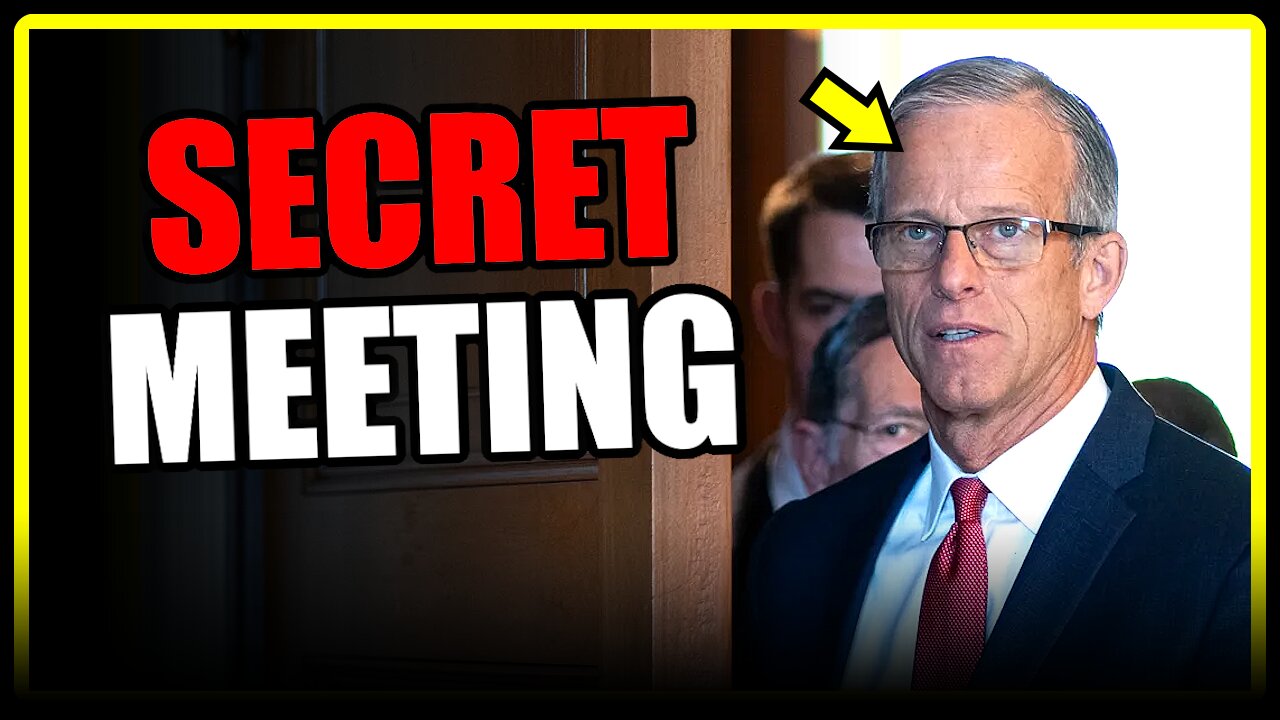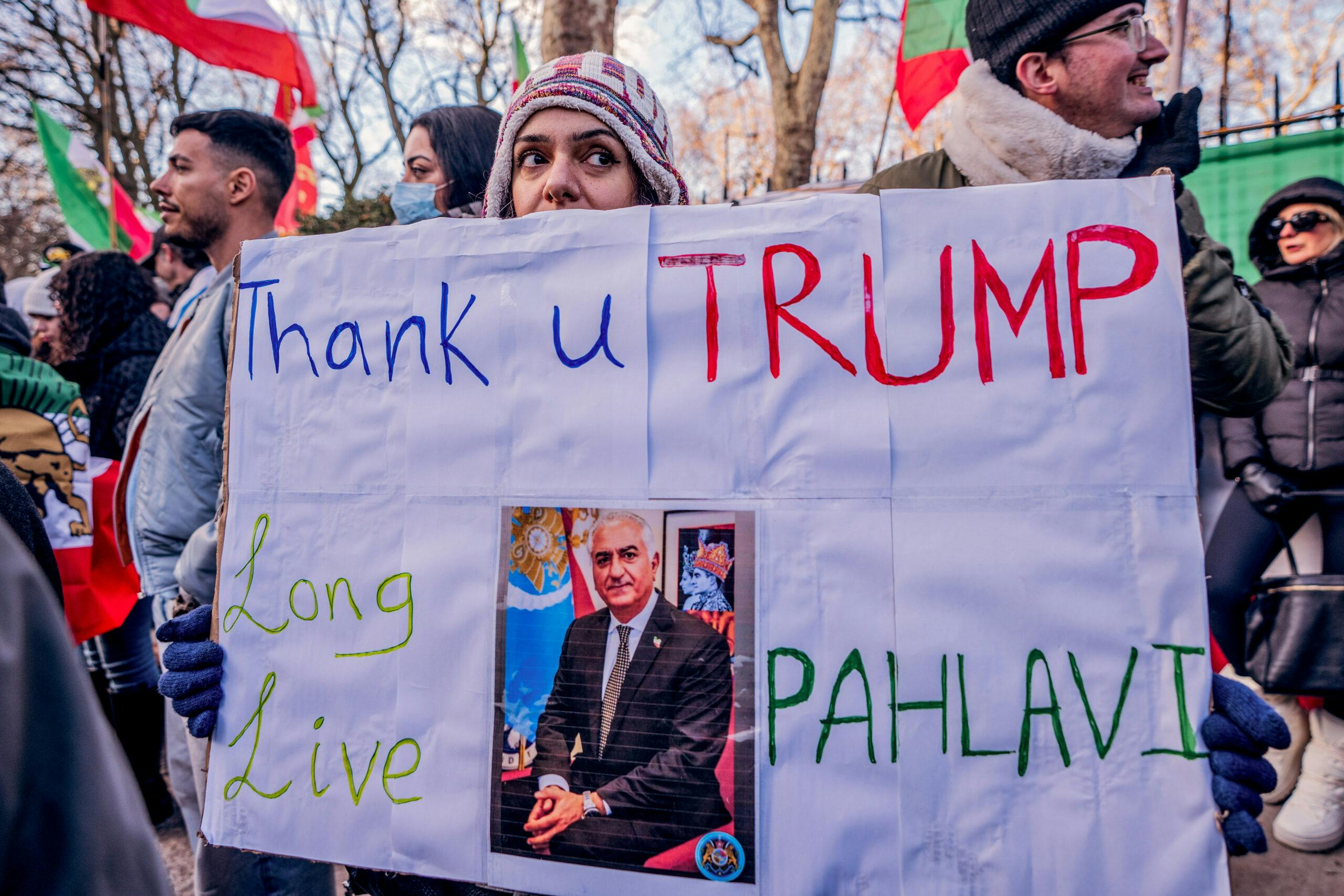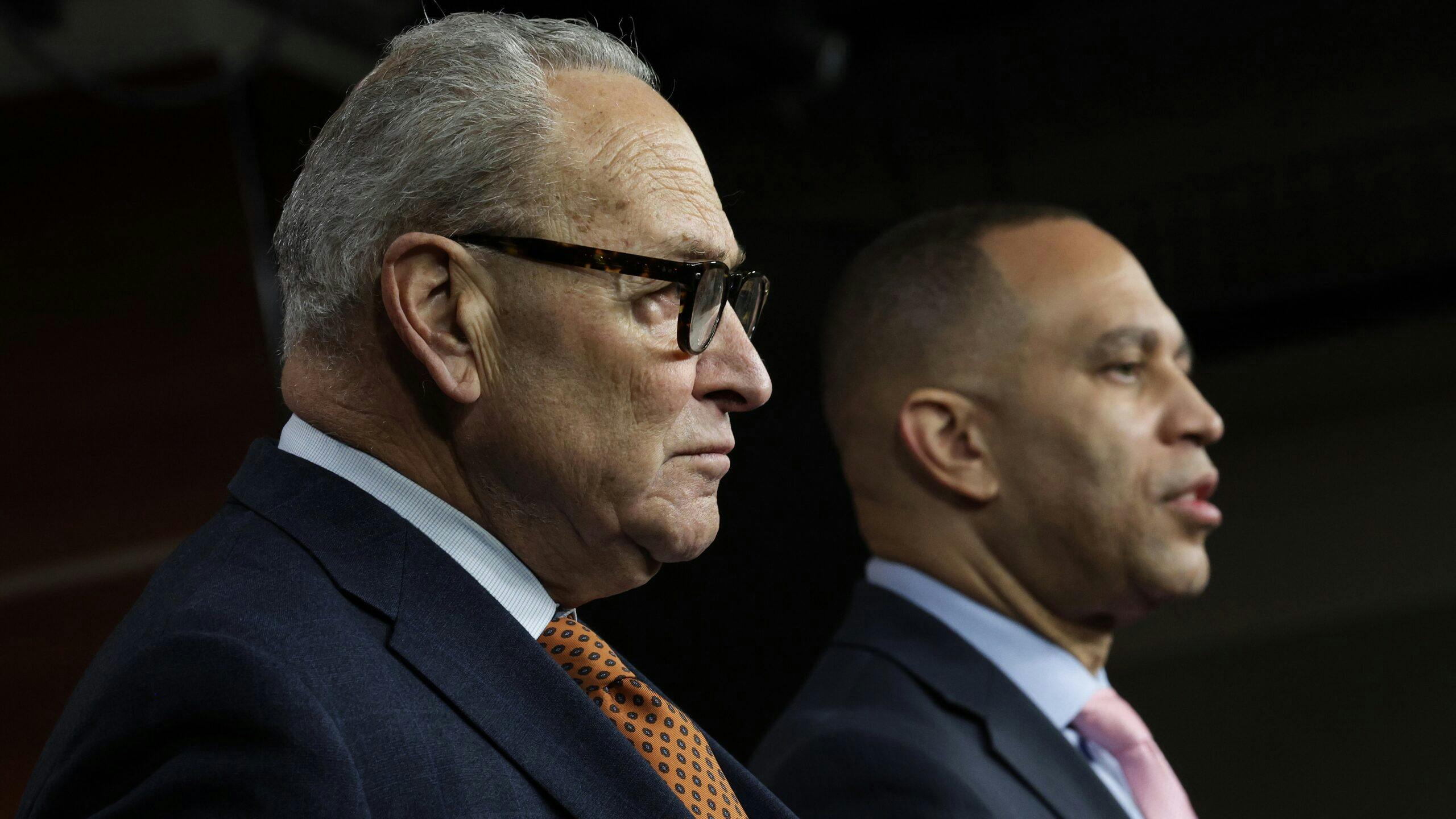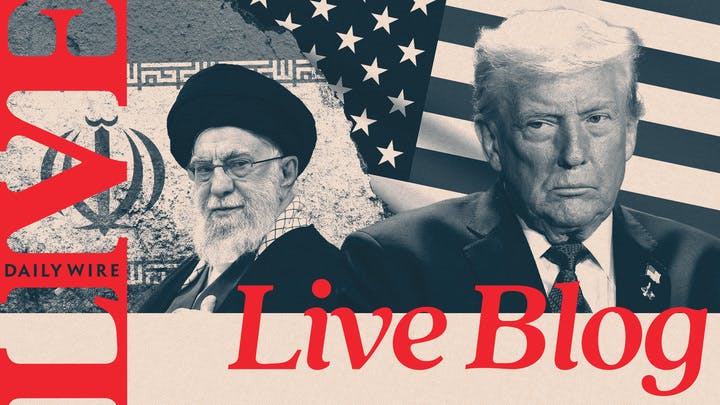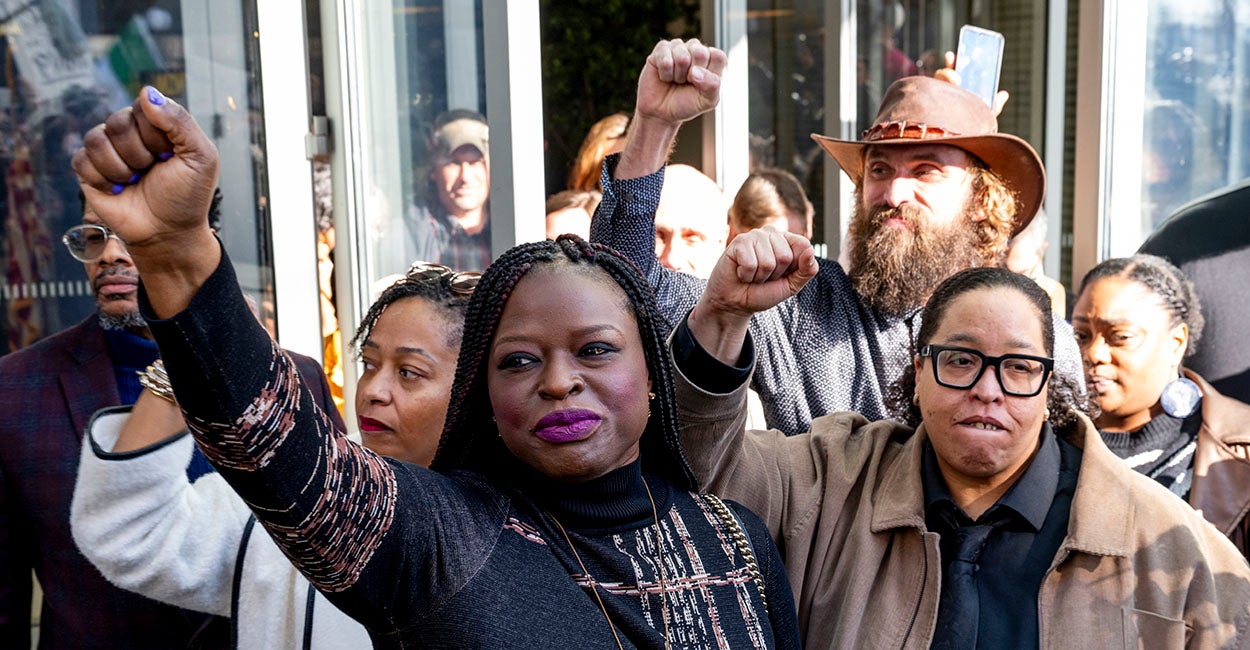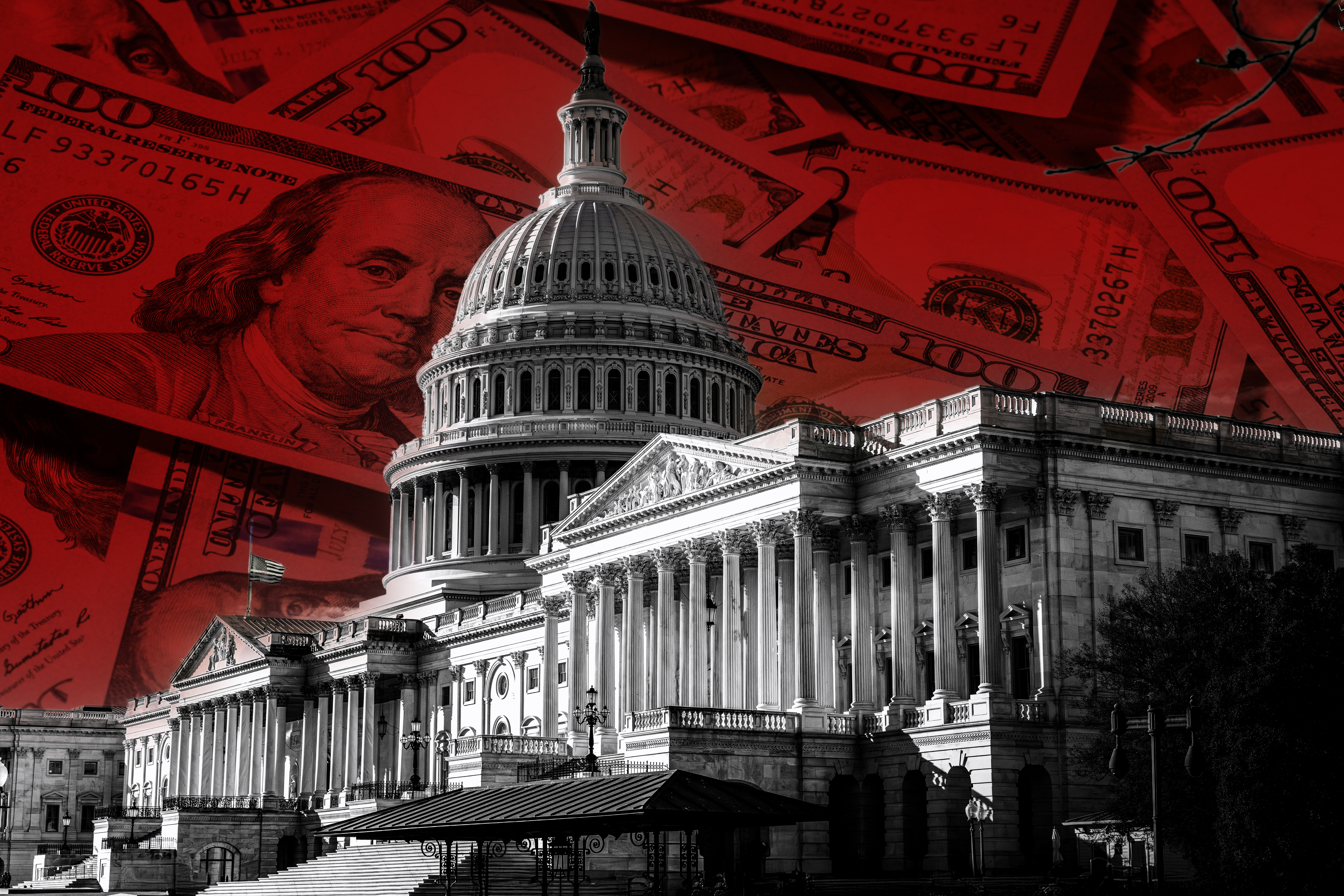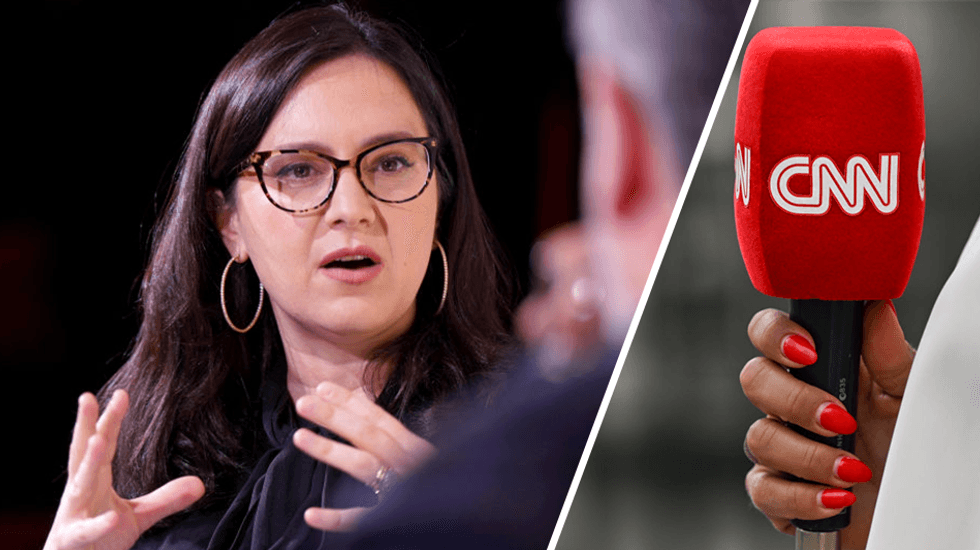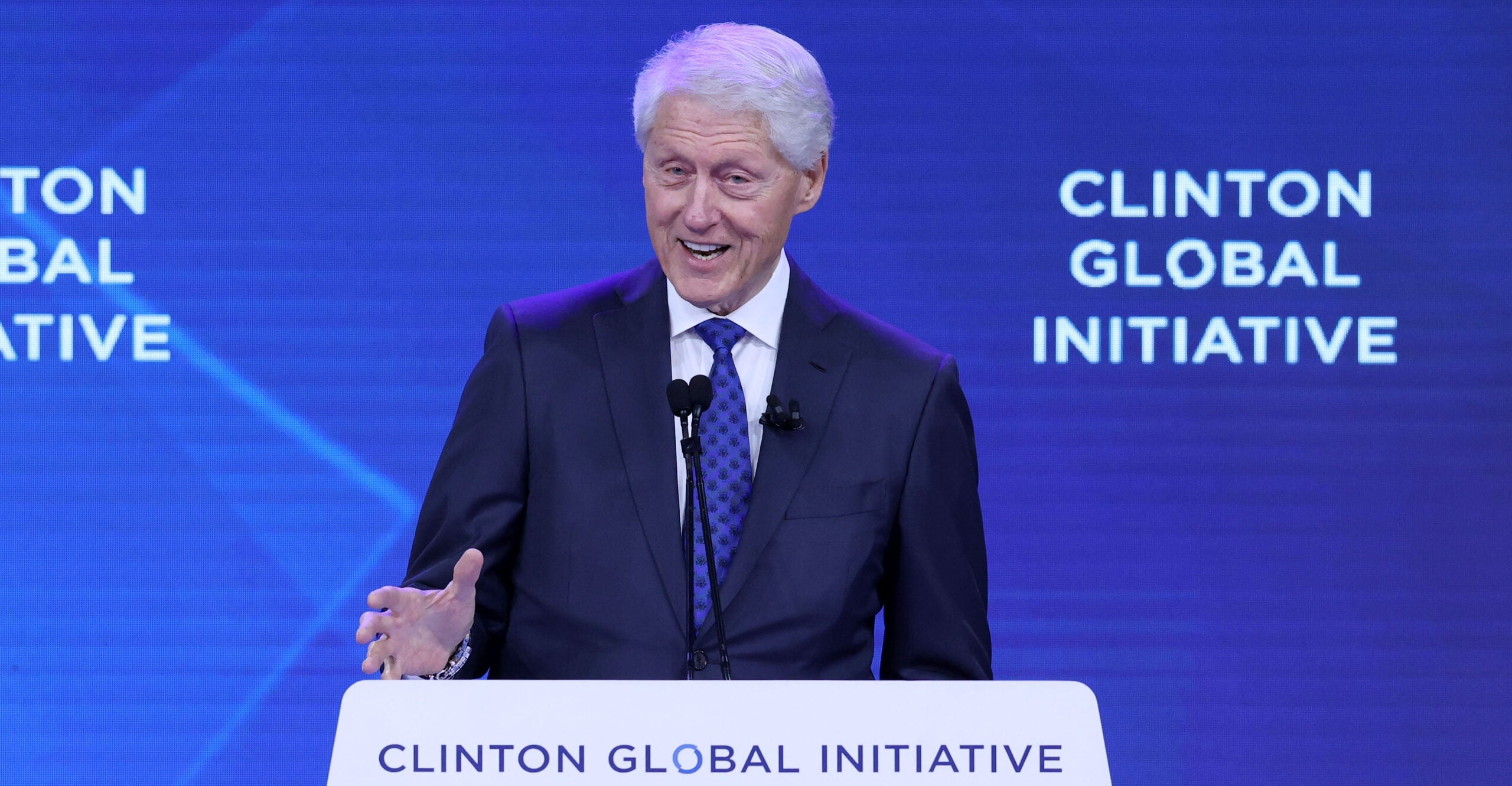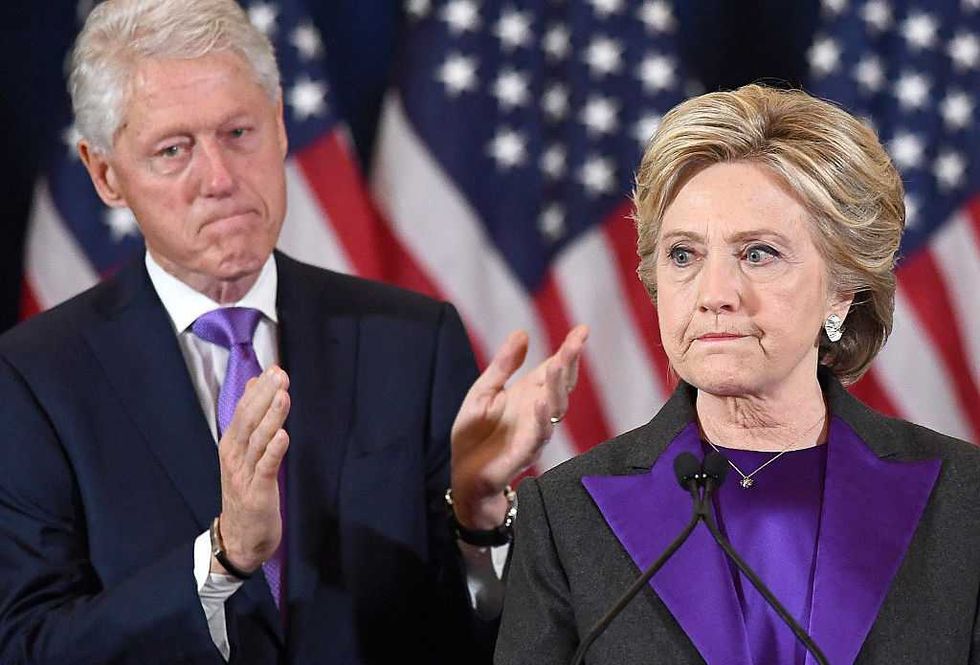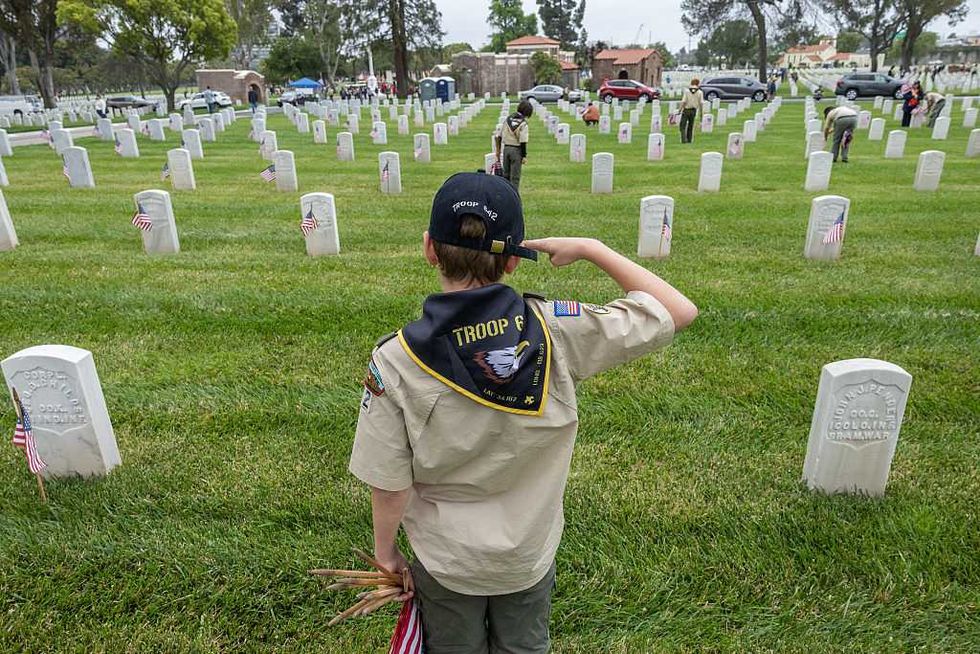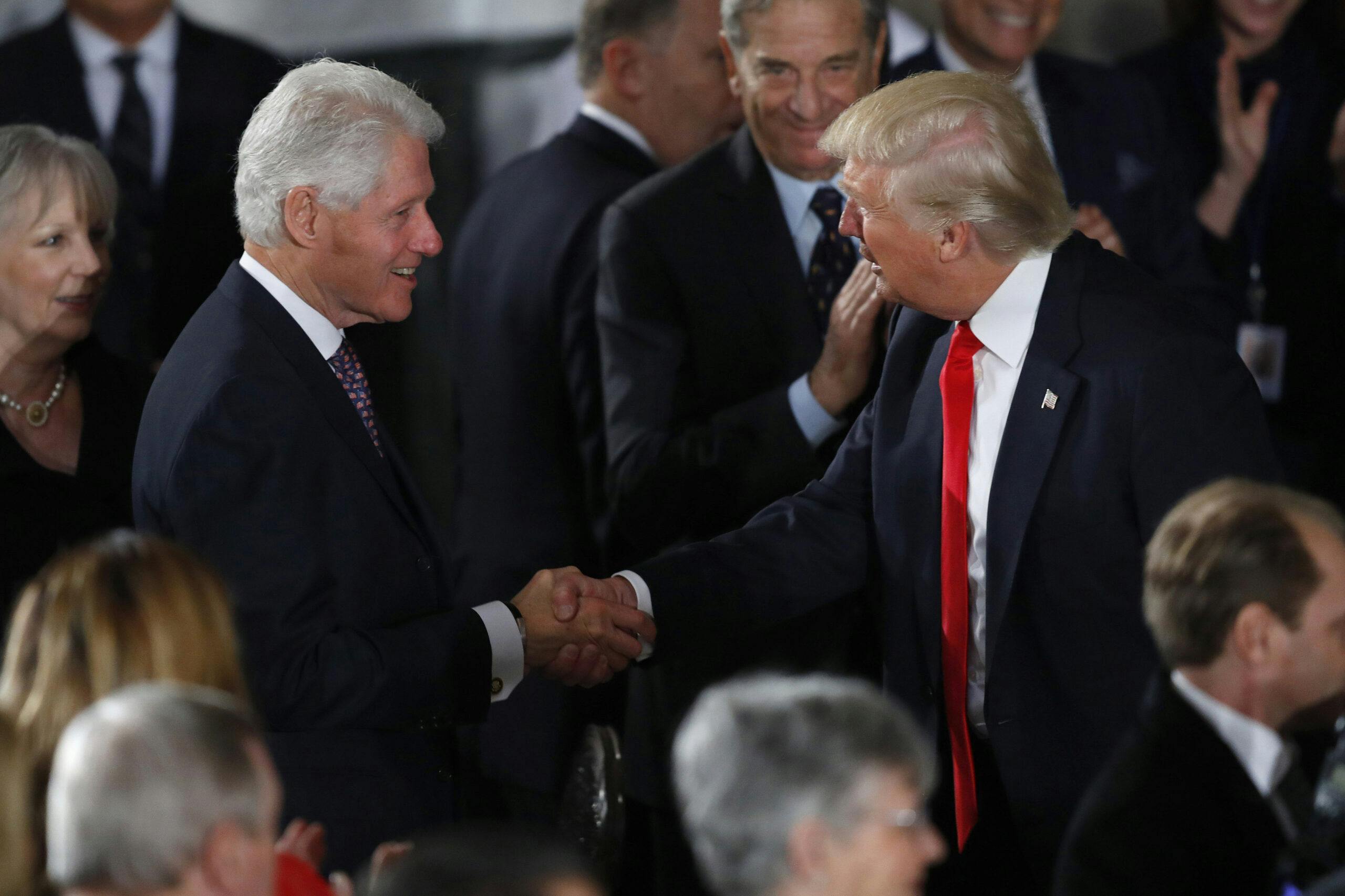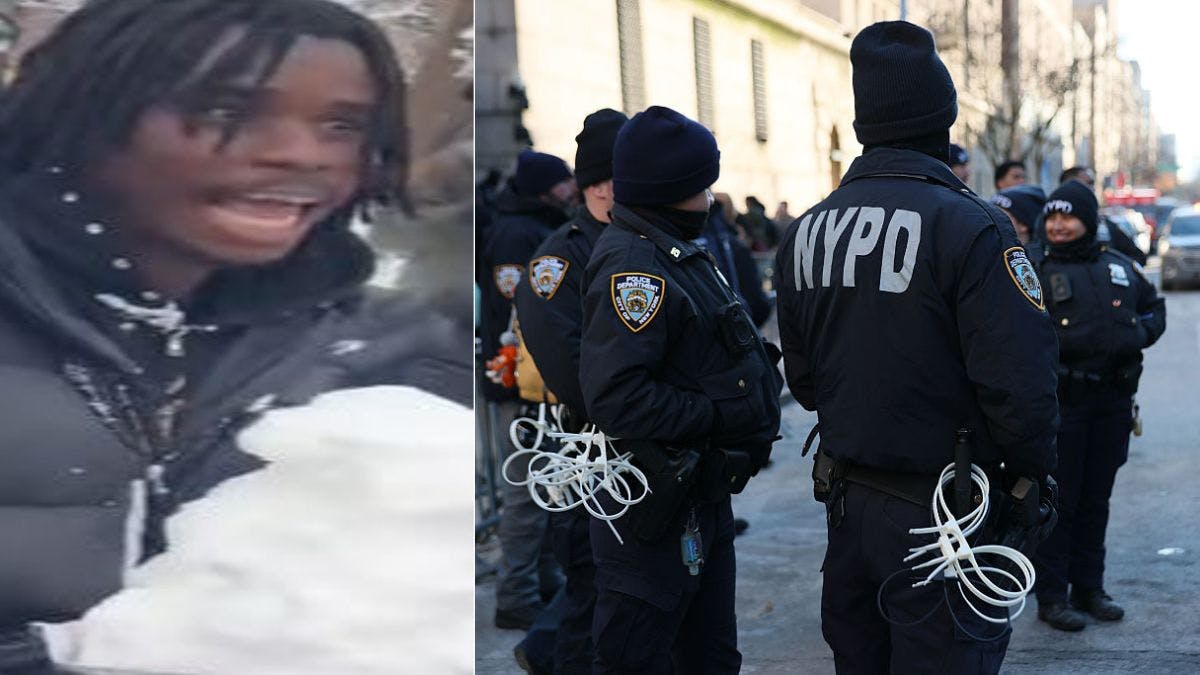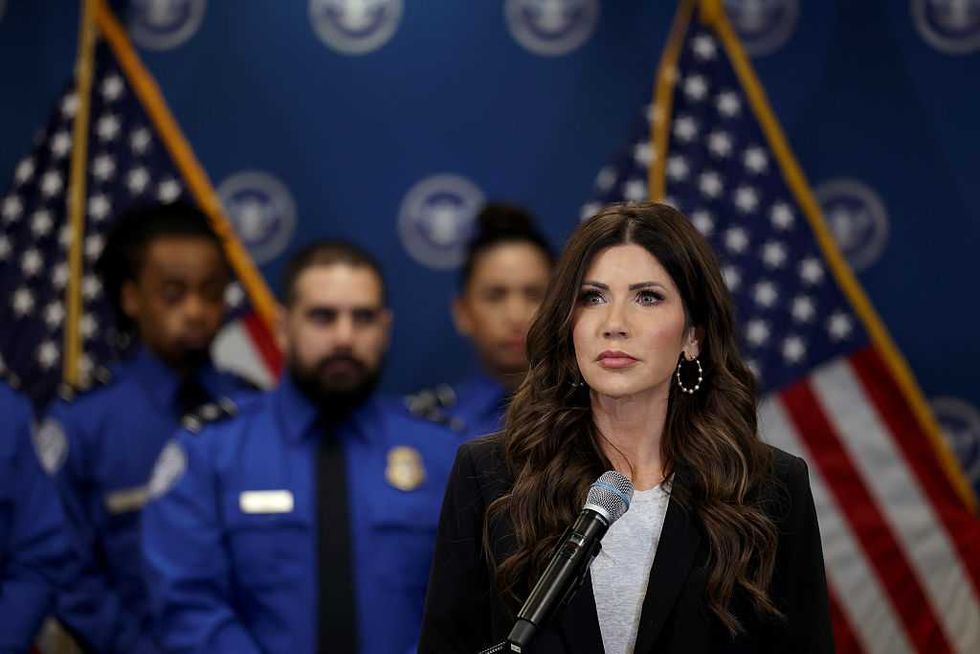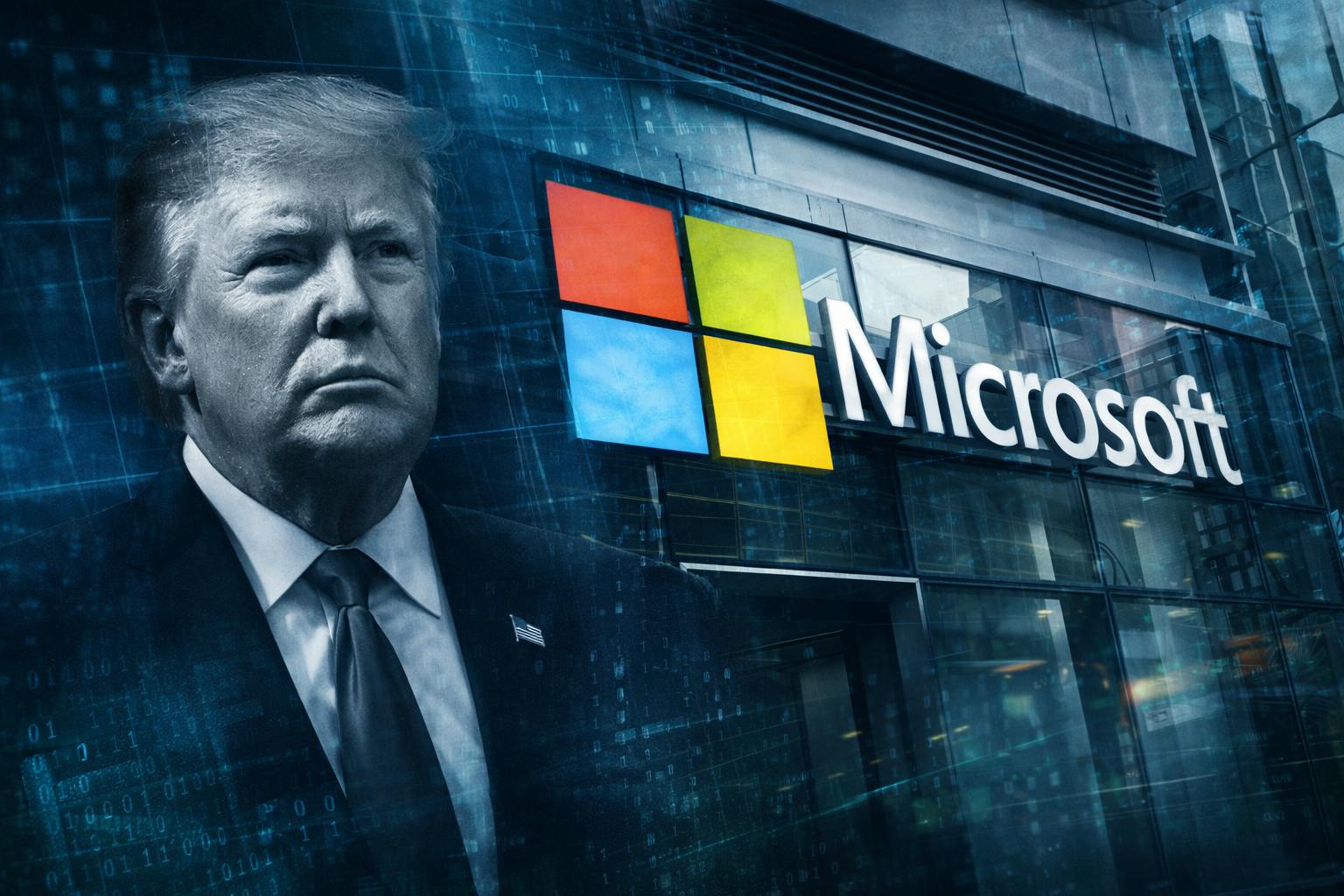It’s Not Left vs. Right — It’s Us vs. Them.

There’s been a lot of talk lately about the increasing escalation of political rhetoric.
Live Your Best Retirement
Fun • Funds • Fitness • Freedom
Political violence is on the rise, and more and more people are talking about intractable conflicts: Left versus Right, friend versus enemy, good versus evil.
Us versus them.
This framing gets something right: there is a conflict at hand. But it’s not about political ideology. “They” are not the other side — “they” are the deeply disturbed, the mentally ill, the radicalized, the lost.
Until we fight that war, no amount of political grandstanding will make a difference.
Consider the assassination of Charlie Kirk. The suspect, Tyler Robinson, is being held in a “special watch” unit pending mental health evaluation. Authorities have publicly noted he is under psychiatric review. Utah Governor Spencer Cox has said the suspect had embraced a “leftist ideology” and had been radicalized in obscure internet circles. Reports have shown engravings on ammunition that reflected such ideological messaging.
All of this is certainly relevant. But the overwhelming majority of ideological individuals don’t assassinate people. The mentally ill do.
Now to Michigan. In Grand Blanc, Thomas Jacob Sanford, a 40-year-old former U.S. Marine, rammed his truck through a Mormon church, shot congregants, then set the building on fire.
Get 40% off new DailyWire+ annual memberships with code FALL40 at checkout!
Sanford had no established public political affiliations, but neighbors and acquaintances reported he had become “unhinged” in conversations about religion, particularly Mormonism. He had served in Iraq and struggled with personal issues, including drug addiction. Whether PTSD or other mental breakdowns played a role is under investigation, but the signs point to an internal crisis, not a neatly ideological campaign.
Misidentifying “Them” is dangerous. When we frame “Them” as just the ideological other side, we miss key dynamics.
We legitimize ideological martyrdom. If the assassin is “one of them,” then killing becomes another political tactic. We also ignore the root issue: mental collapse. People don’t generally shoot up churches or campuses calmly as ideological strategists. They act in crisis.
Together, that means we fail to intervene early. If we see such violence as purely political, we focus on language policing, speech bans, “cancel culture” fights — not on psychiatric screens, trauma care, intervention, de-radicalization.
We are in a war against the mentally unmoored — those whose pain has metastasized into violence.
This doesn’t mean ideology plays no role; it often provides a language for misery and victimhood. But it is secondary, not primary.
If we get the identity of “Them” wrong, our remedies will be wrong. Here’s what needs to change.
We must begin by putting a meaningful emphasis on psychopathology in threat assessment. Expand training for law enforcement, schools, and mental health agencies to flag people with escalating instability, social withdrawal, expressed violent fantasies, or mental deterioration — before they cross the threshold.
We have to bridge deradicalization and psychiatric care. Many of those who perpetrate violence have some latent level of mental illness but are radicalized online. So, we need hybrid approaches to helping them: ideological counseling plus psychiatric treatment. That means creating safe pathways for families or institutions to intervene before tragedy.
There are also changes we can make to how we talk about politics. Leaders have to de-escalate, stop demonizing opponents, and stop glamorizing violence. Celebrate mental health care, particularly for veterans and other high-risk groups. And speak out about the dangers of social media.
By speaking on all of these subjects, lawmakers and other public figures can raise public awareness and ensure Americans don’t stigmatize, but recognize warning signs. If teachers, pastors, and neighbors are on the lookout for warning signs in people from their communities, they can intervene.
That’s how we win the war against the darkness and violence haunting our country. Let’s stop seeing these things as some inevitable collateral in political warfare, and see it as a crisis of the mind and soul that demands a different kind of fight.
Gates Garcia is the host of the YouTube show and podcast “We The People.” Follow him on Instagram and X @GatesGarciaFL.
The views expressed in this piece are those of the author and do not necessarily represent those of The Daily Wire.
Originally Published at Daily Wire, Daily Signal, or The Blaze
What's Your Reaction?
 Like
0
Like
0
 Dislike
0
Dislike
0
 Love
0
Love
0
 Funny
0
Funny
0
 Angry
0
Angry
0
 Sad
0
Sad
0
 Wow
0
Wow
0

